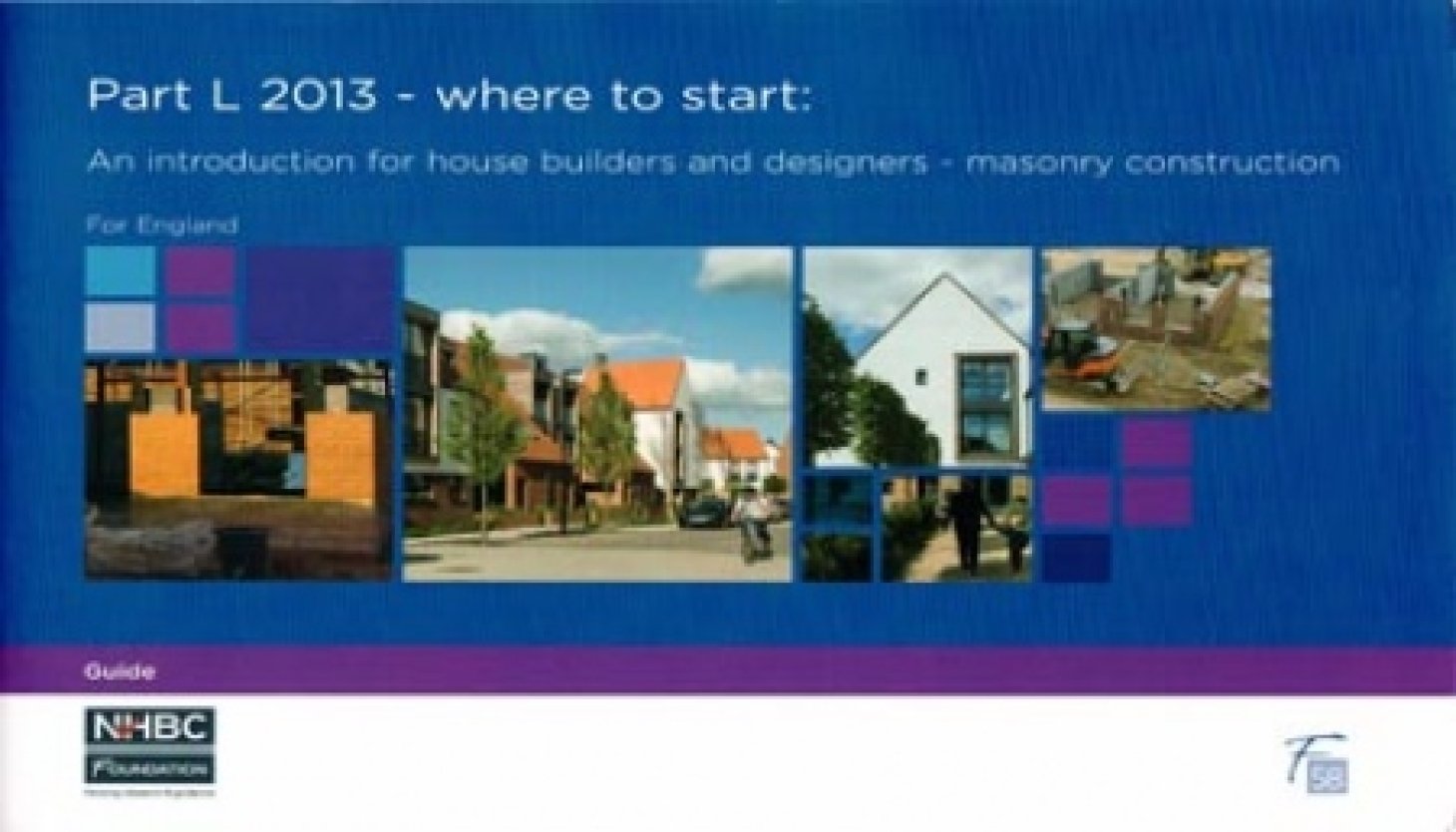
The NHBC has launched its new guide on Part L of the Building Regulations to help house builders and specifiers understand the changes. The guide, entitled Part L 2013 - Where to Start, is available for download though the National House Building Council (NHBC) Foundation website.
The guide provides a starting point for designing new homes that are to be built with aircrete, helping to ensure that they comply with the latest legislation which came into effect in April last year. It gives examples of some typical house types, outlining a combination of measures needed to comply with Approved Document Part L 2013.
The guide gives house builders and specifiers a broad understanding of the specifications that can be used as a starting point for detailed design. It also illustrates the effects of thermal bridging, which has a considerable impact on the approaches to overall compliance.
To demonstrate compliance with Part L, there are three key criteria that must be met:
• For new homes an approximate 6% improvement to CO2 targets on Part L 2010, with a focus on fabric performance.
• For non-domestic buildings there is an approximate 9% improvement, consistent with fabric focused approach for homes.
• There is to be no uplift in fabric energy efficiency standards for work on existing homes or non-domestic buildings.
Part L 2013 applies to all building work that started after 6 April 2014 unless a building notice, initial notice or a full planning application had already been submitted to the local authority prior to this date. Projects that had already started on site were exempt from the new Building Regulations.
Mr Cliff Fudge from the APA, said: “Monday 6 April 2015 is the cut-off point for projects that had a building notice, full planning application or initial notice prior to April 2014. If work commences after this date the new regulations will be enforced. The NHBC has released this guide to help educate builders and specifiers prevent non-compliance with Building Regulations.”
Please visit the NHBC site to download